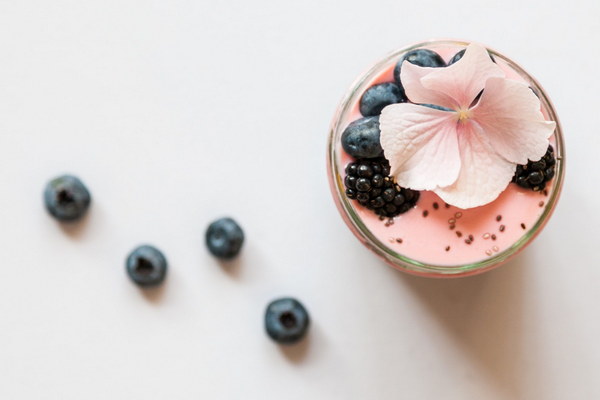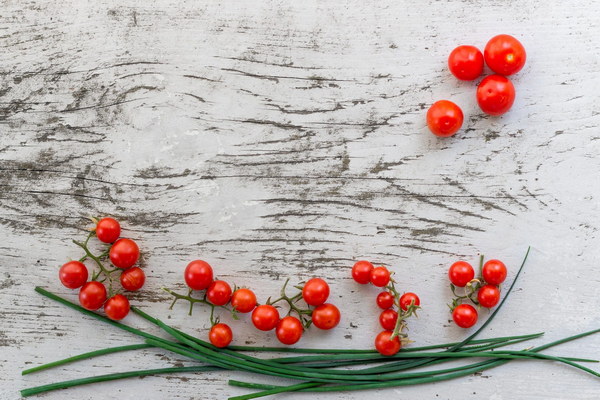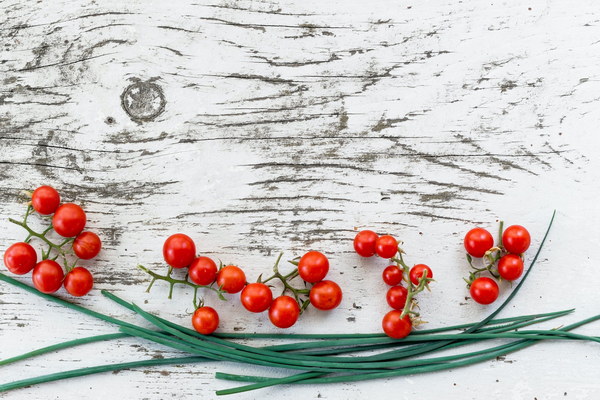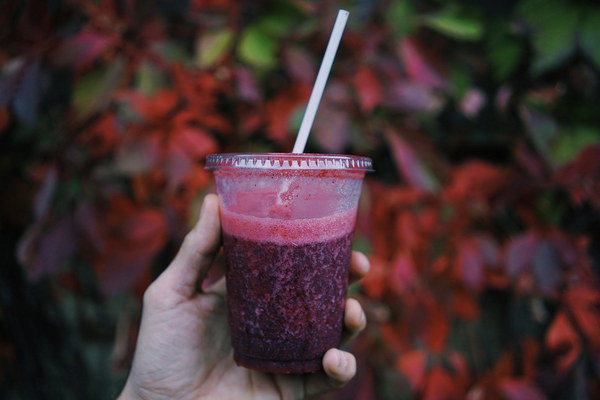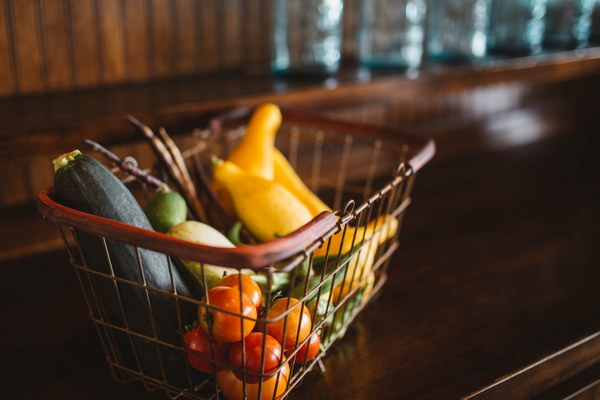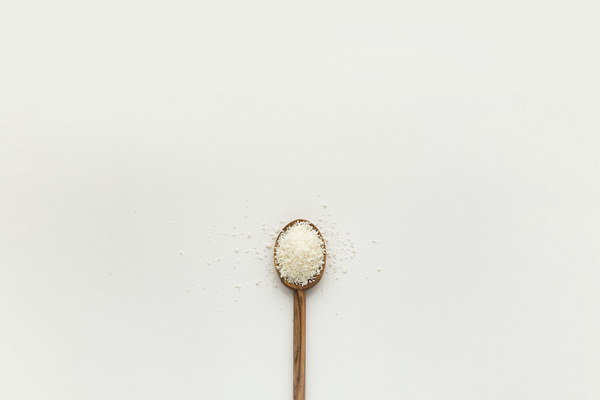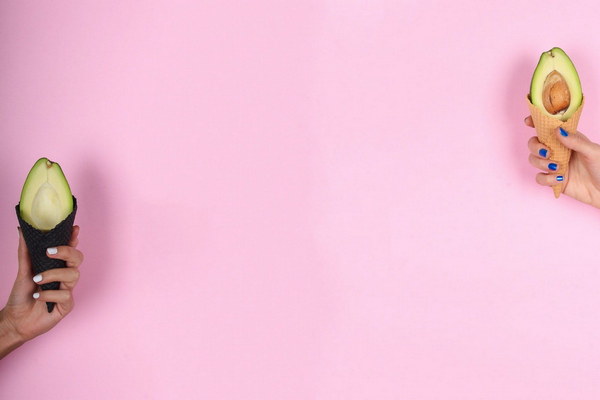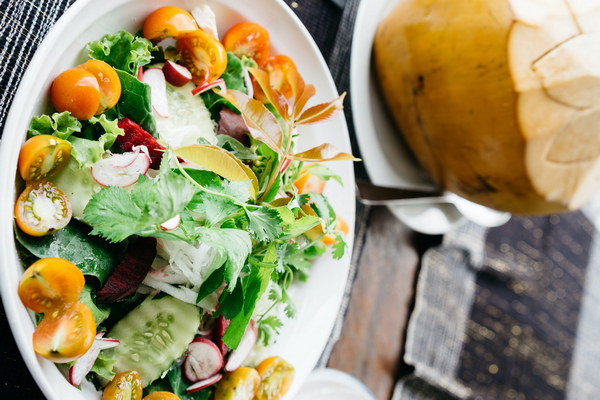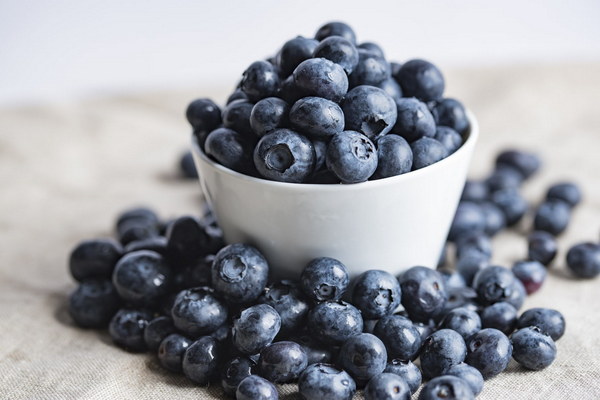Crushing the Power of Chinese Herbs A Guide to Enhancing Blood and Qi with Traditional Remedies
In the realm of traditional Chinese medicine (TCM), the concept of balancing blood and Qi is central to overall health and well-being. Blood, often referred to as Xue in Chinese, is considered the life force that circulates throughout the body, providing nourishment and oxygen to every cell. Qi, or Jing, is the vital energy that animates the body and maintains its functions. When blood and Qi are deficient, individuals may experience fatigue, weakness, and a host of other symptoms. One of the most effective ways to replenish these vital substances is through the use of specific Chinese herbs, which can be crushed and incorporated into various preparations. Here's a comprehensive guide to enhancing blood and Qi with traditional remedies, focusing on the process of crushing these potent herbs.
Understanding the Herbs
Before delving into the art of crushing Chinese herbs, it is essential to understand which herbs are commonly used to nourish blood and Qi. Some of the most revered herbs in this category include:
- Danggui (Angelica sinensis): Known for its ability to invigorate blood and tonify the spleen, it is a staple in many blood-building formulas.
- Shu Di Huang (Rhizoma Rehmanniae Preparata): This herb is renowned for its cooling properties and its capacity to nourish both blood and Yin.
- He Huan Pi (Mimosa Tree Bark): It is used to promote blood circulation and alleviate pain.
- Hong Hua (Safflower): This herb is believed to invigorate blood and alleviate blood stasis, commonly used in the treatment of menstrual disorders.
The Process of Crushing
The process of crushing these herbs is a delicate and important step, as it allows for better absorption and effectiveness. Here's a step-by-step guide on how to crush Chinese herbs for blood and Qi tonification:
1. Selection: Choose high-quality herbs that are fresh and free from mold or pests.
2. Cleaning: Wash the herbs thoroughly to remove any impurities or dust.
3. Drying: If the herbs are fresh, they should be dried to the appropriate moisture level before crushing. If they are dried, ensure they are not overly brittle.
4. Crushing: Use a mortar and pestle or a mechanical herb grinder to break the herbs into a fine powder. The finer the powder, the easier it is for the body to absorb the active ingredients.
5. Storage: Store the crushed herbs in a cool, dry place in an airtight container to preserve their potency.
Preparations and Applications
Once the herbs are crushed, they can be used in various forms:
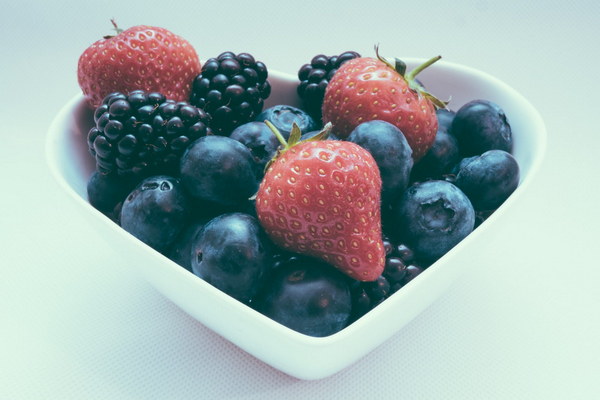
- Decoction: Combine the crushed herbs with water and simmer them to create a liquid extract that can be taken as a tea.
- Powder: Mix the crushed herbs with other ingredients or simply take them with water for easy consumption.
- Pills: Some crushed herbs can be encapsulated into pills for convenience.
- External Applications: Certain herbs can be made into ointments or poultices and applied topically to treat specific conditions.
Recipes and Formulas
Traditional Chinese medicine offers a plethora of recipes and formulas that combine crushed herbs to target specific health concerns. For example:
- Four Gentlemen Decoction (Si Jun Zi Tang): A classic formula that combines four herbs to tonify the spleen, improve digestion, and boost Qi.
- He Huan Hua San: A powder formula that includes He Huan Pi, designed to invigorate blood and alleviate pain.
Conclusion
Crushing Chinese herbs for the purpose of replenishing blood and Qi is a practice steeped in tradition and efficacy. By understanding the properties of these herbs and mastering the art of crushing, individuals can harness the power of TCM to promote vitality and well-being. Whether taken internally or applied externally, these traditional remedies offer a holistic approach to health, one that is as relevant today as it was centuries ago.
